Description
ABSTRACT
The Legal Regulation of Receivables Financing: The UK and International Perspectives
Olukayode Olalekan Aguda*
Receivables have been conceived as debts. English law like in most jurisdictions allows security interests to be created over receivables. However, while there are four types under English law, only mortgages and charges are usually considered with receivables as both form the heartland of receivables financing. The introduction of receivables which is an expression attributed to the Americans was mainly due to the efforts of the nineteenth-century lawyers who responded to the problems posed by a growing economy by expanding the range of properties that could be used as security. This period saw the development of the floating charge form of security which may combine all the present and future assets of a business enterprise such as receivables and stock-in-trade. This paper focuses on the relationship that exists among debtor, creditor and the financier. The early part of this paper highlights the concept of receivables financing. It attempts to distinguish receivables from book debts and goes further to show how the English legal system deals with receivables financing. Further, the paper also discusses the legal possibility of receivables being assigned outrightly in the discharge of an existing indebtedness and the possibility of an assignment by way of security. Discussions on the international approach to the law of receivables financing is expanded. Attempts to ensure uniformity on the law regulating receivables financing internationally is also discussed. The paper contends that the need for uniformity is germane to the development of receivables financing as this will ensure flexibility in adoption by stakeholders.
Keywords: Receivables financing, legal regulations, charged assets, book debts, security.
INTRODUCTION
The Concept and Approach to Receivables Financing
The notion of debt or receivables as a form of property has proved to be of immense significance and value to the commercial world. Notably, receivables financing is a type of asset-financing arrangement in which a company uses its receivables — outstanding invoices or money owed by customers — to receive financing in such a manner that the company receives an amount that is equal to a reduced value of the receivables pledged.1
The importance of receivables may be seen in its consistent availability in the commercial world. It is undisputed that traditionally debt has always been in existence as the business world has to fuel its machineries continuously without the hindrance of immediate unavailability of money. In this sense, transactions are usually concluded even though the buyer is not generally in the position to finance the products immediately
* B.A, LL.B, LL.M, BL. Lecturer, Department of Private and Business Law, Faculty of Law, Ajayi Crowther University, Oyo, Nigeria. The paper is an extract from his Dissertation for the award of LL.M at Swansea University, United Kingdom.
- ‘Ac c o u n t s r e c e i v a b l e f i n a n c i n g ‘ accessed 6 August 2018.

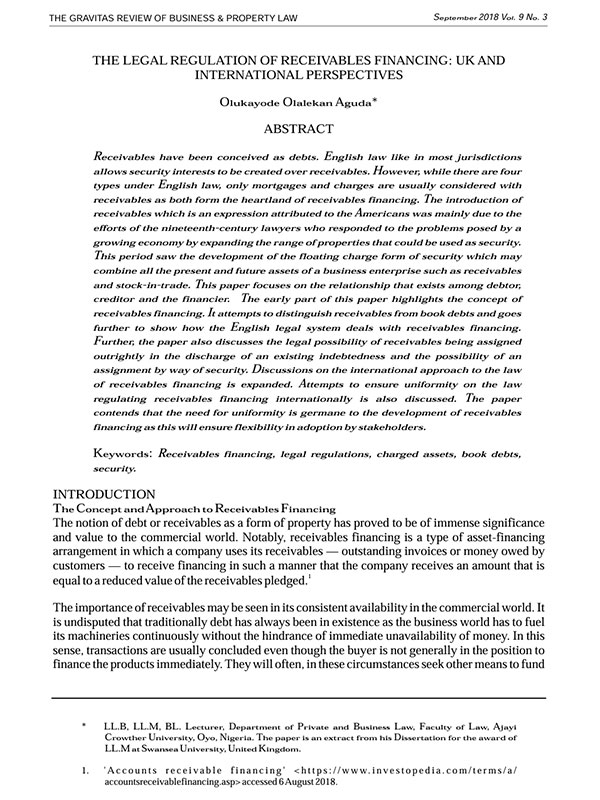
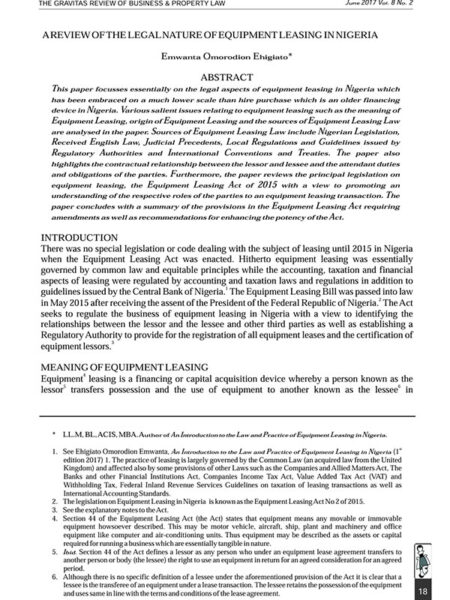
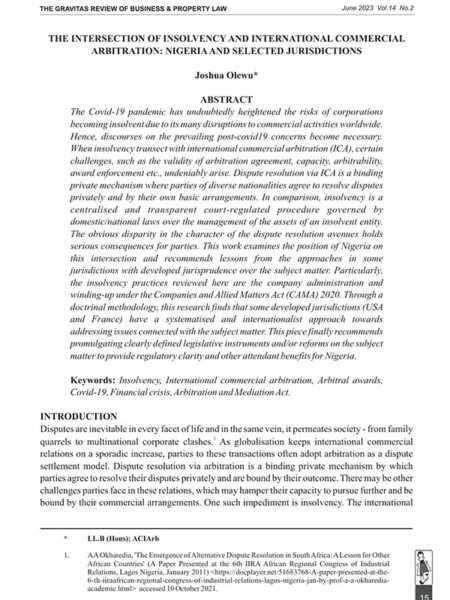
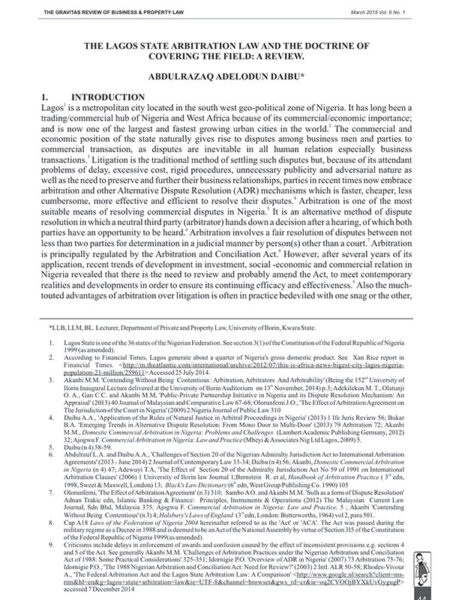
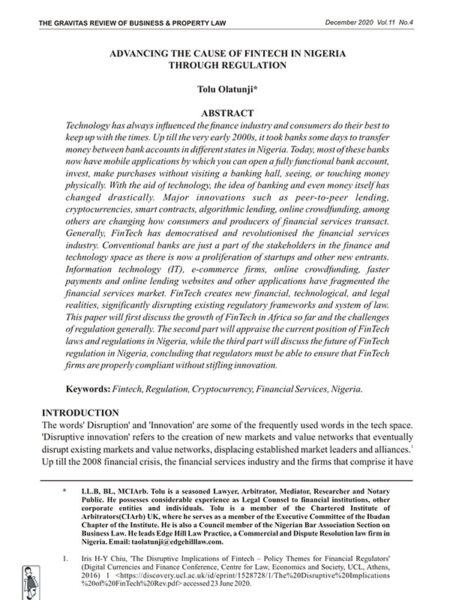


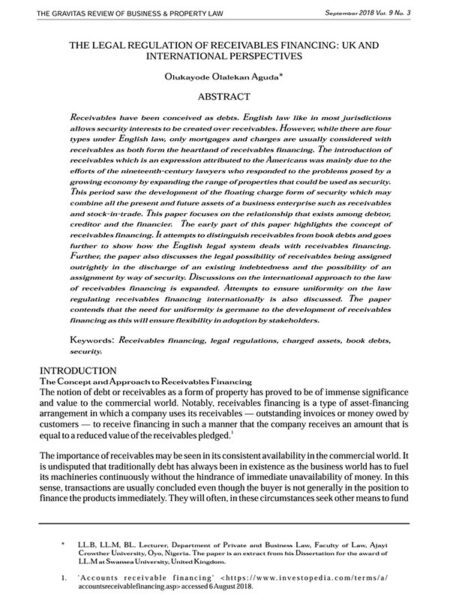
Reviews
There are no reviews yet.